The charm of the U.S. National Parks spans all seasons, but winter reveals unique and breathtaking beauty. December, as the summer crowds disperse and snow covers the land, a sense of serenity sets in, giving you the opportunity to experience these natural wonders in a whole new light.
But where to start? As of today, there are 63 national parks in all 50 U.S. states, offering a diverse range of options, whether you’re craving a snowshoeing adventure through old-growth forests, longing for a geothermal wonderland or simply want to spend a cozy winter in a less-crowded vista. This guide offers in-depth information on some of the most stunning national parks in December and throughout the winter, catering to different interests and preferences.
🏞️Find unbeatable DEALS ON NORTH AMERICA TOURS
Best National Parks to Visit in US in December
Winter is an exceptional time to explore U.S. national parks, offering quieter, more peaceful experiences away from the summer crowds. Read this list of the best national parks to visit in winter, so you can plan your next escape with the right expectations.
Yosemite National Park, California
Yosemite National Park transforms into a serene snow-covered wonderland come December. Yosemite Valley, in particular, is a magical sight as snow settles on the iconic cliffs, and waterfalls flow against a frozen backdrop.
Winter visitors can enjoy snowshoeing, ice skating, and taking in the quieter side of Yosemite, away from the summer crowds. The experience of seeing Yosemite’s famed landmarks like Half Dome and El Capitan in winter light is truly unparalleled.
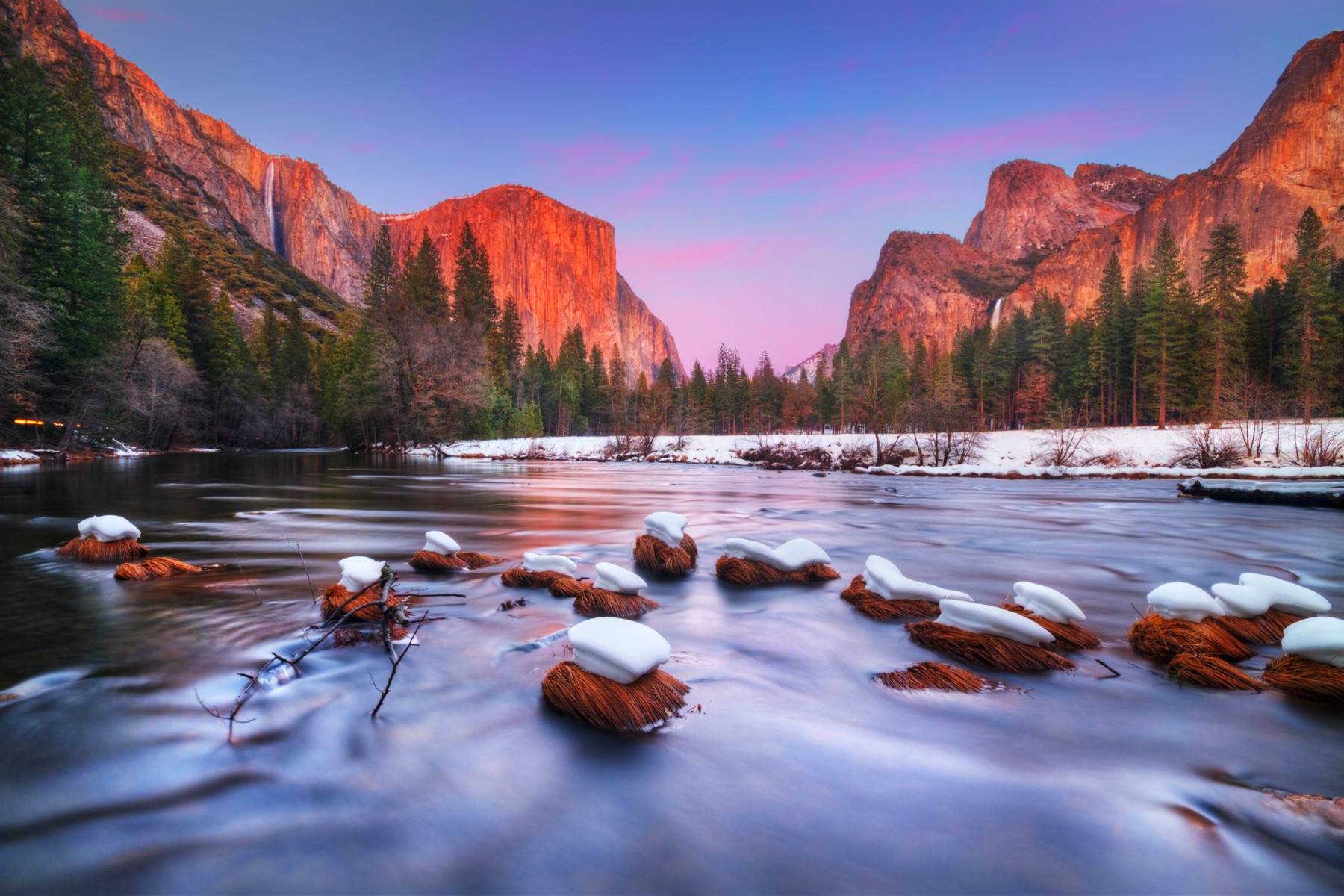
Yellowstone National Park, Wyoming/Montana/Idaho
One of the best national parks to visit in winter, Yellowstone becomes a pristine wonderland as snow enhances its geothermal features. The geysers’ steam against the snowy backdrop is mesmerizing, and winter provides opportunities for guided snowmobile and snow coach tours.
Wildlife viewing is also excellent, with chances to see bison, elk, and even wolves. A winter visit to Yellowstone National Park offers an experience like no other, combining adventure with tranquility.
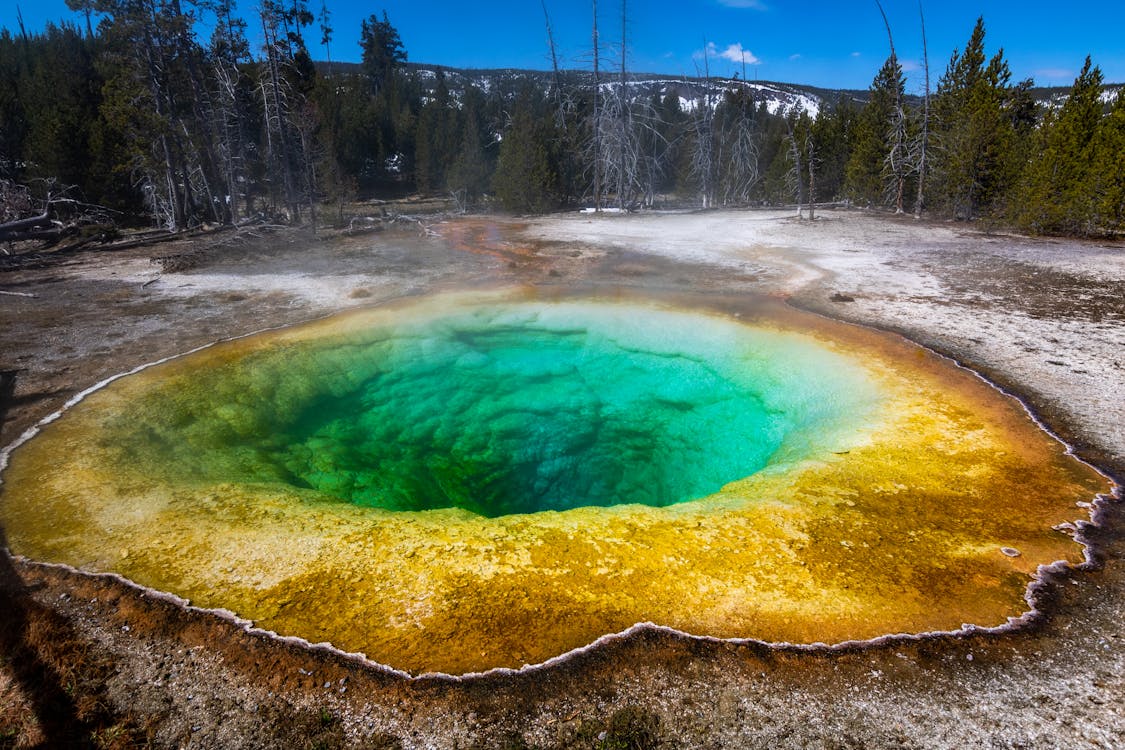
Zion National Park, Utah
For those looking for milder winter weather, Zion National Park is ideal. The cooler temperatures make hiking comfortable, and trails that are crowded in summer are much quieter.
Popular trails like the Riverside Walk and Pa’rus Trail are easily accessible for most skill levels and offer beautiful views of the canyon’s rock formations. For more experienced adventurers, the park has more challenging routes like Angels Landing.
Everglades National Park, Florida
If you prefer warmth over snow, the Everglades is one of the best national parks to visit in December in the U.S. Winter here means fewer mosquitoes and cooler, drier weather, perfect for activities like airboat rides and exploring this unique ecosystem.
December is also prime time for spotting manatees, alligators, and a range of bird species. It’s a fantastic destination for family trips or anyone wanting a unique national park experience in the heart of Florida’s subtropical wilderness.

Bryce Canyon National Park, Utah
Bryce Canyon is known for its otherworldly red rock formations, and winter adds another layer of beauty as snow covers the famous hoodoos. While the temperatures can be cold, and some of the more strenuous winter hikes may require snowshoes & additional gear, the park’s lower-elevation trails, such as the Rim Trail, are perfect for beginners or casual hikers.
Stargazing here is spectacular year-round, and the clear winter skies offer some of the best views of the Milky Way.
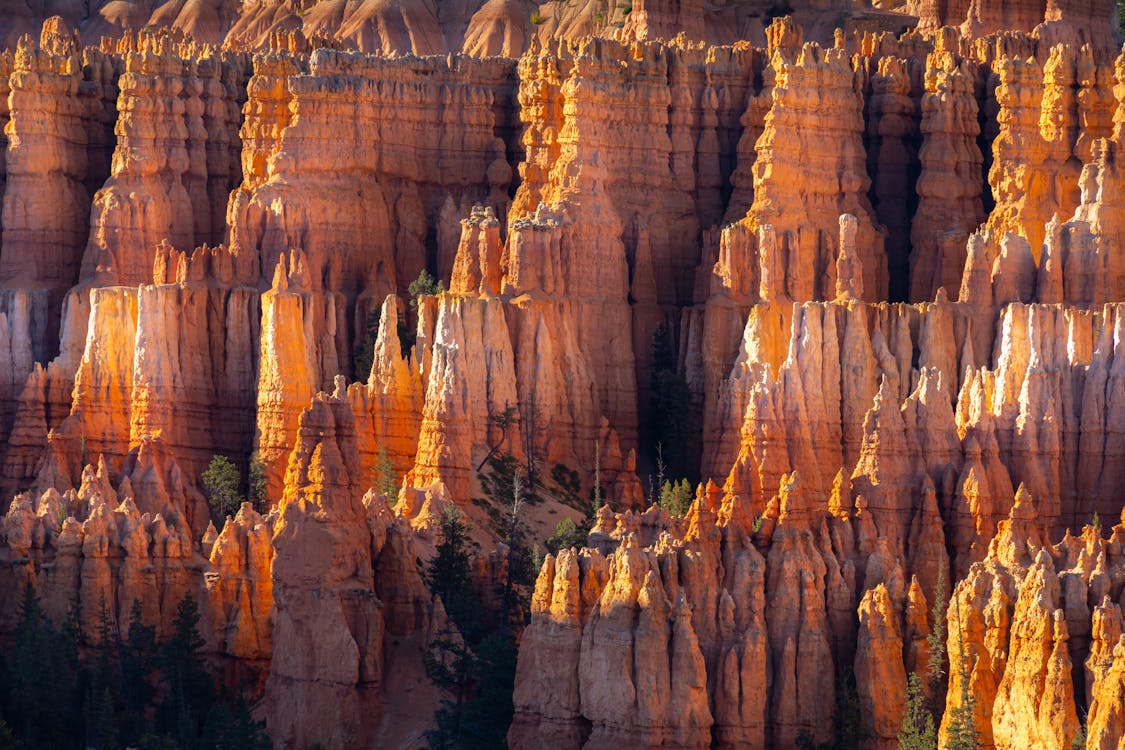
Grand Canyon National Park, Arizona
The Grand Canyon in winter is quieter and more accessible without the summer crowds. December brings a dusting of snow to the North Rim, creating a dramatic contrast with the red rock layers. The South Rim remains open year-round, and the cooler weather is perfect for hiking along the rim or down into the canyon. Visiting in December offers a unique perspective on one of America’s most iconic landscapes.
Death Valley National Park, California/Nevada
As one of the warmest national parks in winter, Death Valley is perfect for those who like to escape the cold. December brings pleasant temperatures that make visiting this vast park comfortable. It’s also prime time to explore the park’s unique desert landscapes, salt flats and colorful badlands.
For those new to the desert, guided tours provide insight into the park’s geological wonders and history. The more adventurous can visit the Badwater Basin and the Mesquite Flat Sand Dunes, though some of these areas can be challenging for those unfamiliar with desert conditions.
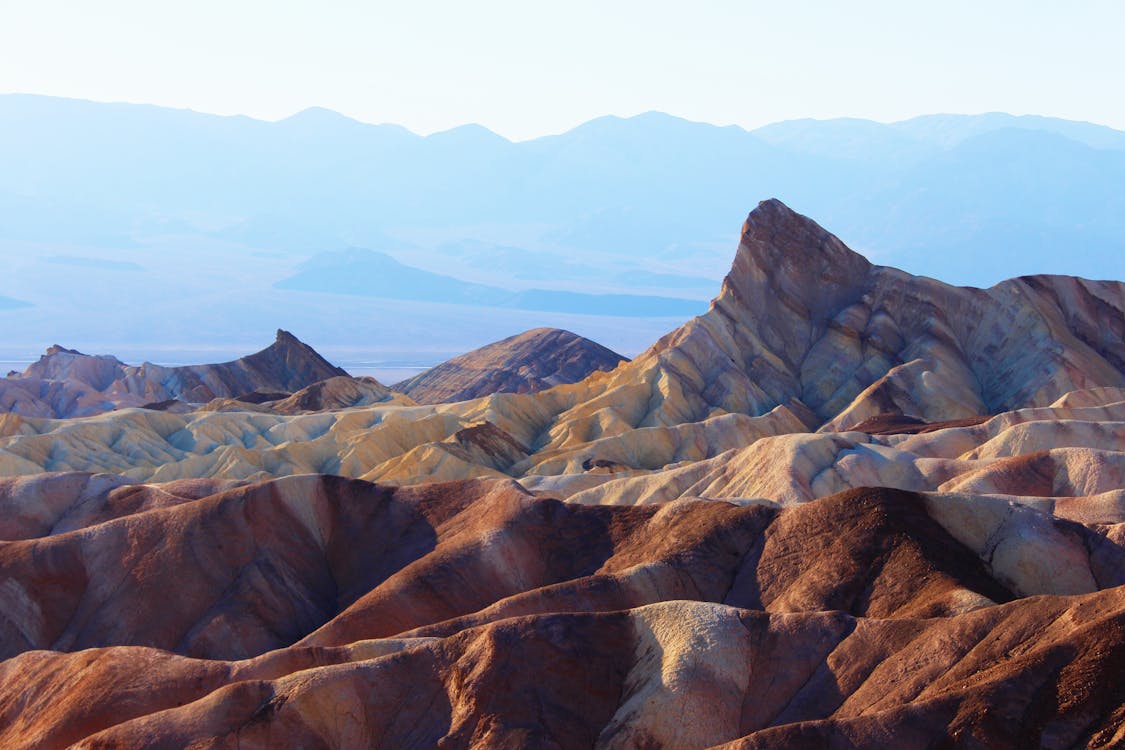
Rocky Mountain National Park, Colorado
Rocky Mountain National Park offers a quintessential snowy getaway, with opportunities for snowshoeing, cross-country skiing, and ice climbing. December transforms the park into a winter sports haven, with snow-covered peaks and frozen alpine lakes.
Wildlife such as elk and bighorn sheep can often be spotted against the snowy backdrop, making this one of the best national parks to visit in December for winter enthusiasts.
Acadia National Park, Maine
Acadia’s rugged coastline takes on a dramatic beauty in winter. While some roads are closed due to snow, the park remains open for cross-country skiing, snowshoeing, and hiking along cleared paths. The coastal views and the iconic Cadillac Mountain blanketed in snow make Acadia one of the best national parks to visit in winter on the East Coast for stunning scenery.
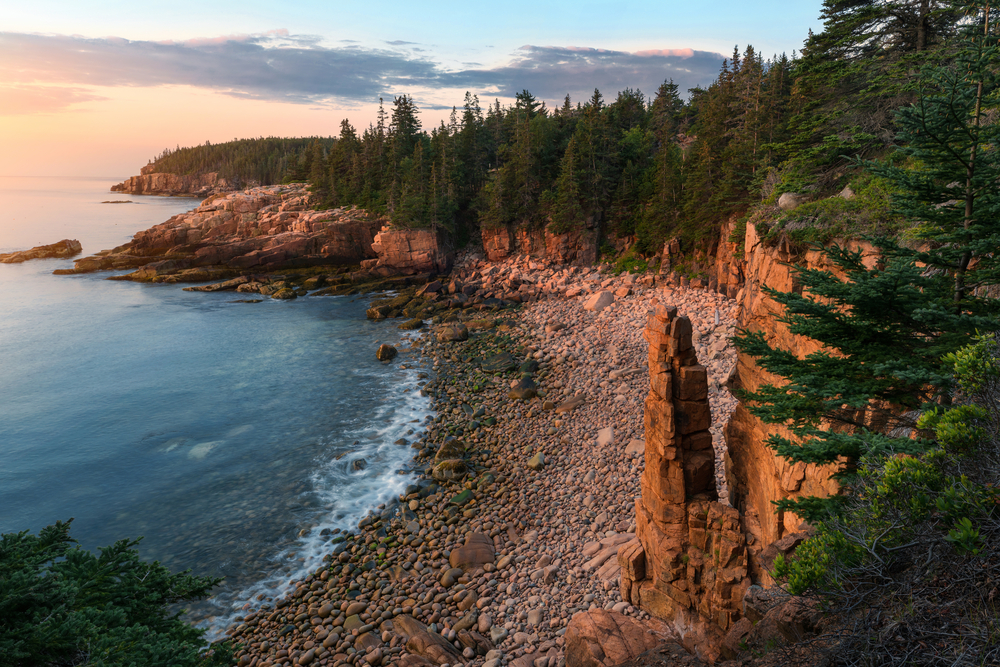
Shenandoah National Park, Virginia
Winter in Shenandoah brings crisp air, clear skies, and scenic views of the Blue Ridge Mountains. Skyline Drive remains open year-round, offering a peaceful scenic drive with fewer visitors. Snow occasionally dusts the park, creating beautiful vistas for those willing to brave the colder temperatures.
With its accessible trails and relatively mild winter weather, Shenandoah is an ideal spot for those seeking a quiet winter retreat on the East Coast.

Custer State Park, South Dakota
For a less-traveled winter destination, Custer State Park is an excellent choice. While smaller than some national parks, it offers a range of activities such as snowshoeing and winter hiking. The park’s rolling hills and bison herds provide a unique experience during the winter months. For beginners, the park’s relatively flat trails are ideal for leisurely walks through a winter wonderland.
Joshua Tree National Park, California
Winter is an ideal season for visiting Joshua Tree, as temperatures are comfortable for exploring the desert landscape. The unique Joshua trees, rugged rock formations, and clear skies make it a popular spot for hiking and rock climbing in December. With cooler weather and fewer crowds, Joshua Tree offers a tranquil desert experience.

Saguaro National Park, Arizona
Located near Tucson, Saguaro National Park boasts warmer winter temperatures, making it an excellent choice for December travelers. The park’s namesake cacti stand tall against the clear blue sky, providing iconic desert scenery. Winter is a great time to hike among the giant saguaros and enjoy the Sonoran Desert’s unique beauty.
Sequoia National Park, California
Sequoia National Park’s towering trees covered in snow offer a magical winter experience. While winter hiking and snowshoeing are fantastic options for those with experience, beginners may prefer to explore the Giant Forest via shorter trails or simply enjoy the awe-inspiring views from the park’s scenic spots.
The park is home to General Sherman, the largest tree in the world, making it a must-visit during winter for a truly majestic experience.
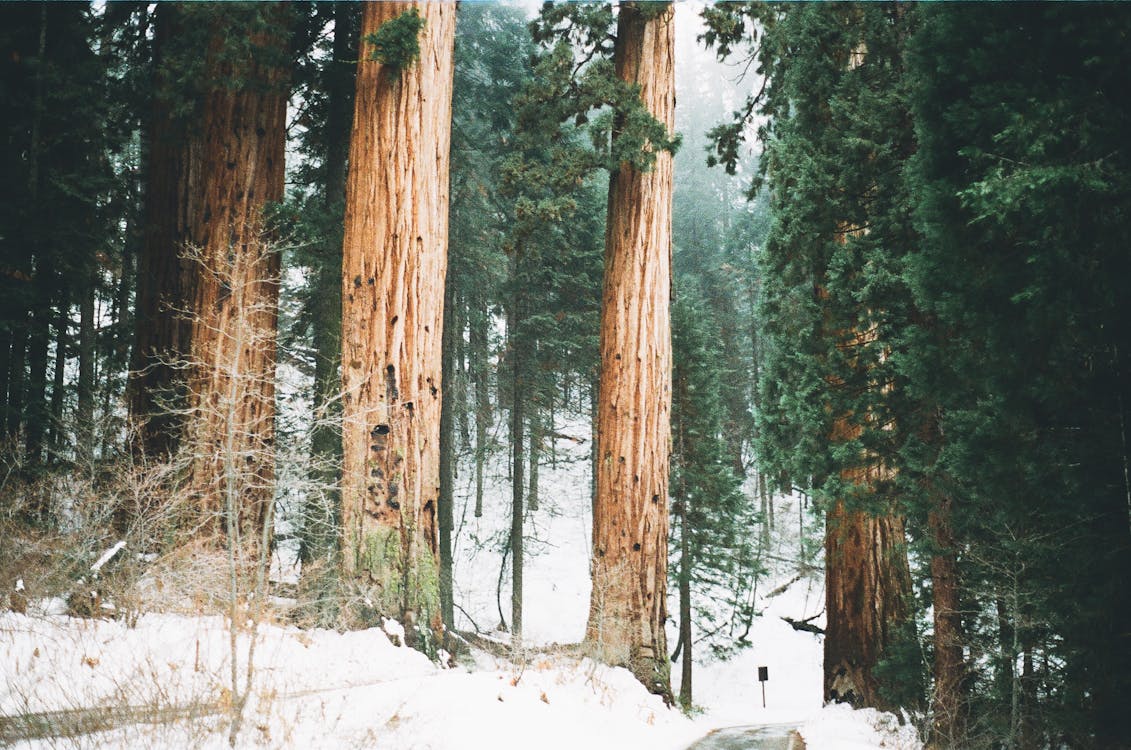
Great Smoky Mountains National Park, North Carolina/Tennessee
Winter in the Great Smoky Mountains brings misty mornings, frosty peaks, and a calmness that’s perfect for those seeking a peaceful getaway. Snow occasionally dusts the higher elevations, making the park’s scenic drives and trails even more beautiful.
Some of the highest trails in the park may be covered in snow, requiring snowshoes or hiking poles for safe hiking. For beginners, the park’s lower elevation trails, such as the Laurel Falls Trail, are still accessible and scenic. Wildlife spotting, including deer and elk, is common in winter, and the park’s trails offer serene hikes away from crowds.
Olympic National Park, Washington
Olympic’s diverse ecosystems offer unique experiences in winter, from snow-covered mountains to lush, moss-draped forests. For those seeking mild winter weather, the park’s coastal areas, like Rialto Beach, provide dramatic winter views.
Snowshoeing and cross-country skiing are available for those with the right experience, but beginners can enjoy the forest and beach trails with appropriate preparation. It’s one of the best national parks to visit in winter on the West Coast.
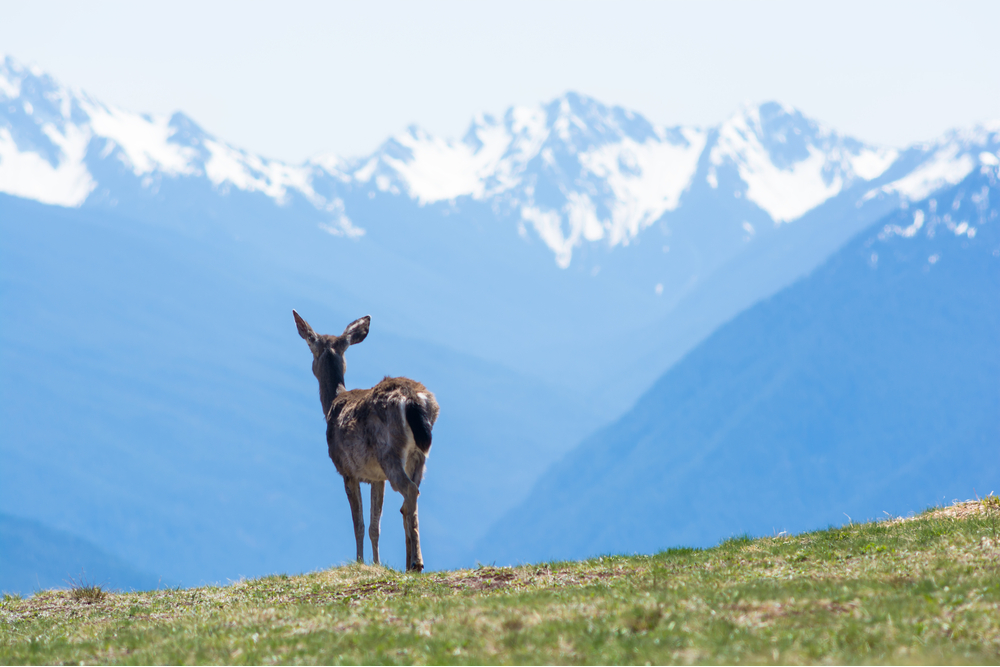
Canyonlands National Park, Utah
Canyonlands’ desert landscapes are transformed by winter’s cooler temperatures, allowing for comfortable exploration of the park’s dramatic canyons and arches. Snow occasionally dusts the red rocks, creating beautiful vistas. With fewer visitors and mild winter weather, Canyonlands is a fantastic destination for December adventurers seeking solitude.

Arches National Park, Utah
Arches National Park is another desert gem that’s perfect for winter exploration. December’s cooler temperatures are ideal for hiking among the park’s iconic red rock formations and natural arches. The quiet season also provides excellent conditions for photography, with clear skies and fewer crowds enhancing the experience of visiting this natural wonder.

Big Bend National Park, Texas
Big Bend’s mild winter climate offers a pleasant escape, especially in December. The park’s desert landscapes are at their best during the cooler months, allowing visitors to hike and explore without the intense summer heat.
Beginners will appreciate the relatively easy walking opportunities, while those with more experience can try the more strenuous Chisos Basin trails. Big Bend is also a prime location for stargazing, with clear skies throughout the winter months.
National Parks You May Avoid Visiting in Winter
While many U.S. national parks offer unique winter experiences, some parks become challenging or dangerous to visit during the winter due to extreme weather, limited access, or seasonal restrictions. Here are a few parks to consider avoiding in the winter months:
Denali National Park, Alaska
Reason to Avoid: Denali National Park faces severe winter weather, with temperatures often plunging well below freezing and heavy snowfall blanketing the landscape. Accessibility is highly limited, as most park roads close in October, and only the first three miles of the park road remain open. This makes it difficult to experience much of the park’s iconic scenery, and winter activities are highly restricted
Glacier National Park, Montana
Reason to Avoid: While parts of Glacier National Park offer cross-country skiing and snowshoeing in winter, the Going-to-the-Sun Road, a highlight of the park, is closed due to snow from mid-fall until late spring. Much of the park’s infrastructure, such as campgrounds and visitor centers, also shuts down, making it challenging for visitors to explore the park fully in winter.
Royale National Park, Michigan
Reason to Avoid: This remote island park in Lake Superior completely closes to visitors from November to April due to extreme cold, heavy snowfall, and ice. Winter conditions make it impossible for boats and seaplanes to reach the island, and there are no park services available. Isle Royale is best visited during the summer months when the park’s unique wilderness and wildlife are accessible.
Mount Rainier National Park, Washington
Reason to Avoid: Mount Rainier experiences frequent winter storms, heavy snowfall, and avalanche hazards that can make winter travel risky. While the Paradise area is open for winter recreation, other parts of the park may be difficult to access due to road closures and dangerous weather. Sudden changes in weather are common, and only experienced winter travelers should consider venturing into the park.
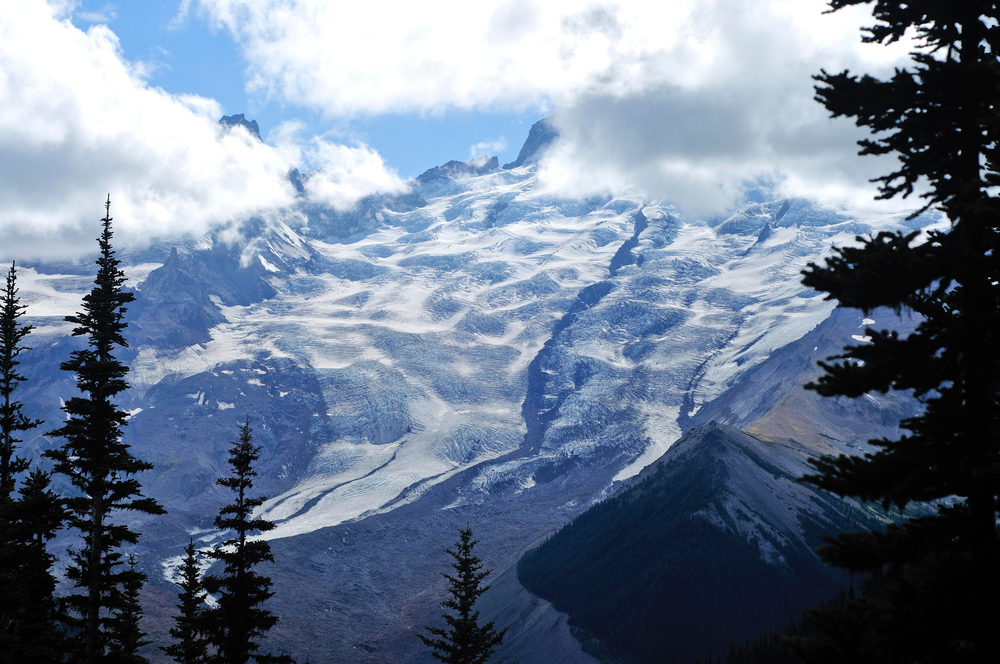
North Cascades National Park, Washington
Reason to Avoid: North Cascades is one of the snowiest places in the U.S., and its rugged terrain and remote location make it nearly inaccessible in winter. Roads are often closed due to heavy snow and avalanches, and trail access is limited. Winter visitors must be highly experienced in backcountry travel and avalanche safety, as conditions can quickly turn hazardous.
Crater Lake National Park, Oregon
Reason to Avoid: Winter brings intense snowfall to Crater Lake, which can reach up to 500 inches annually, covering trails and roads and making many areas inaccessible. The Rim Drive, a popular scenic route, is closed due to snow from October through late spring. While some winter activities are available, access is limited, and the weather can be severe.

Badlands National Park, South Dakota
Reason to Avoid: Although open year-round, Badlands National Park experiences extreme temperature fluctuations and bitterly cold winds in winter. Snowfall and icy roads can make driving dangerous, and trail conditions can be treacherous. The park’s remote location also means that facilities and services are limited during winter months, making it less suitable for casual winter visitors.
Lassen Volcanic National Park, California
Reason to Avoid: Lassen’s high elevation means that it receives heavy snow in winter, which covers roads and trails. The main road through the park is often closed from October until June, limiting access to much of the park. While winter activities like snowshoeing are available, visiting requires winter-specific gear and experience with snow conditions.
Frequently Asked Questions
What are the best national parks to visit in December in the USA?
Some top choices include Yosemite, Yellowstone, and the Everglades, each offering unique winter landscapes and activities.
Are national parks crowded in December?
Generally, winter brings fewer crowds, especially to parks known for summer tourism, making it a great time for a peaceful visit.
Which are the warmest national parks to visit in winter?
Parks like Everglades National Park in Florida and Big Bend in Texas offer warmer climates, making them ideal for those looking to escape the cold.
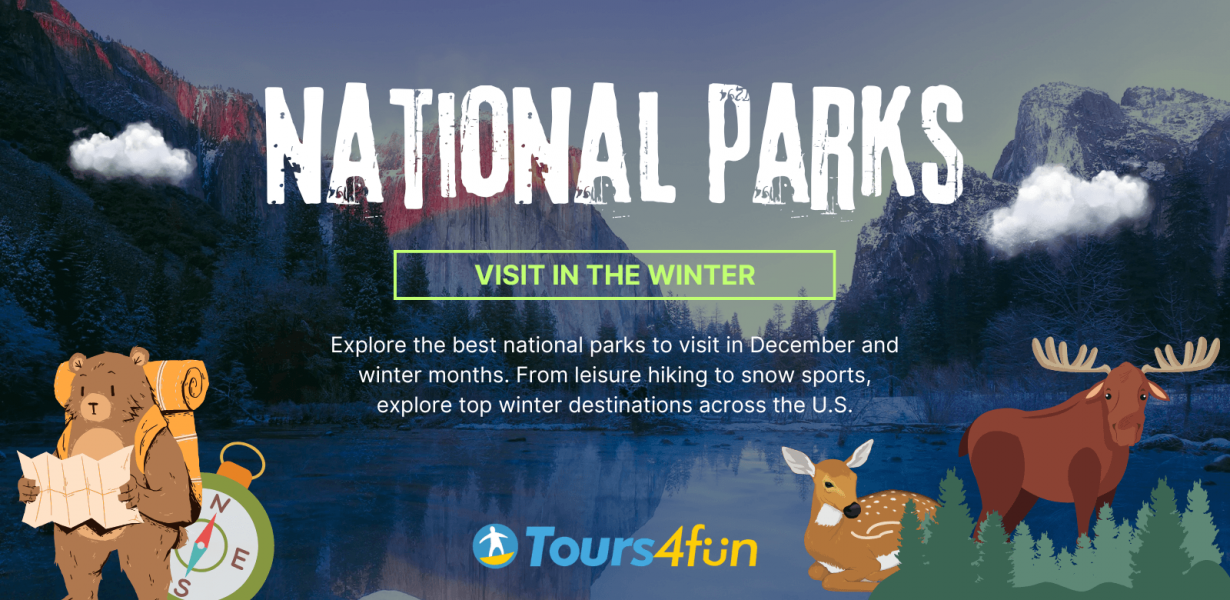
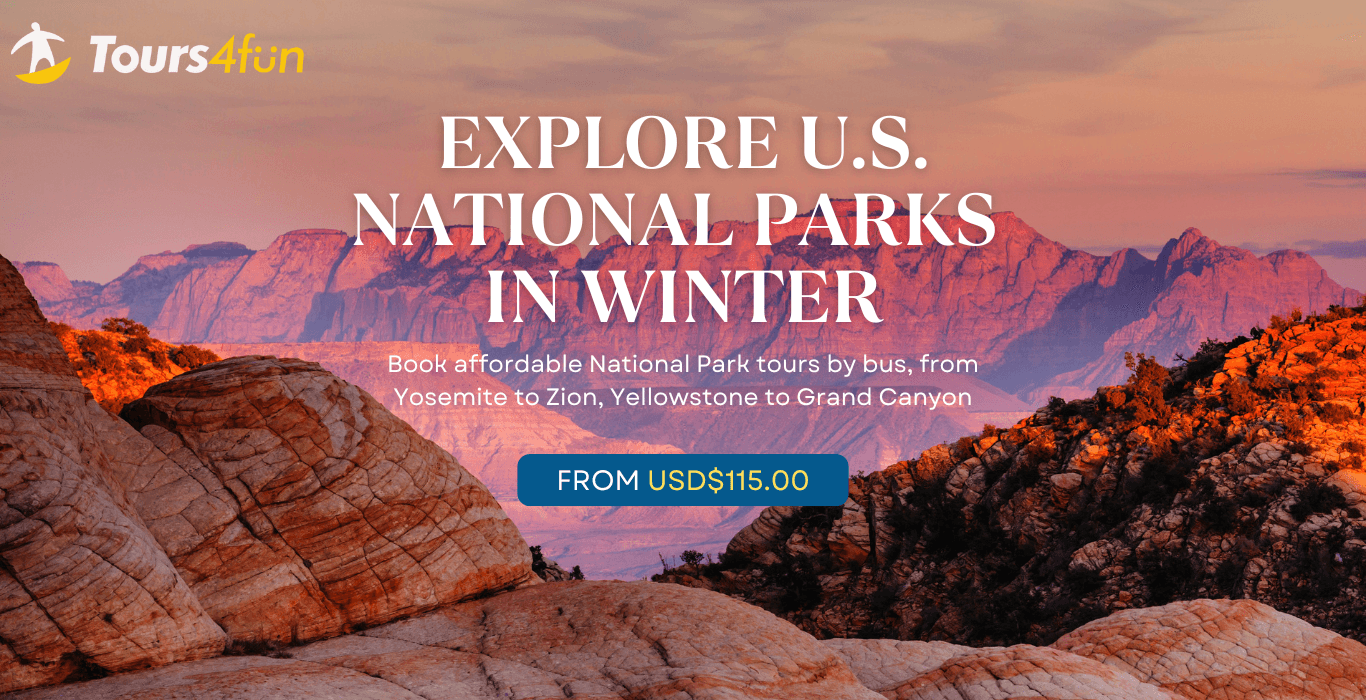








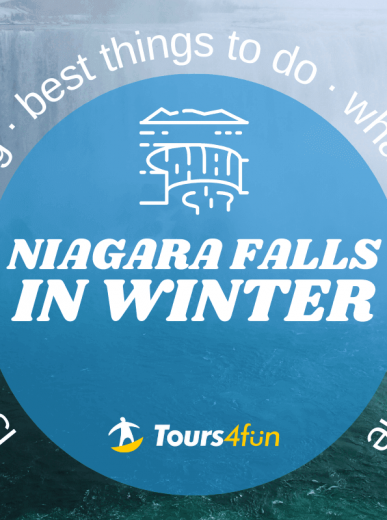




There are no comments.